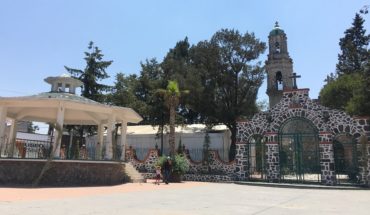
The territorial approach starts from a conception of the territory as a socially constructed space based on a set of social relations that give it origin, identity and sense of purpose shared by the multiple actors that inhabit it (Schejtman and Berdegué, 2004). The boundaries of the territories thus understood go beyond formal definitions, such as municipal or regional boundaries, and refer to the unity that the inhabitants themselves recognize as such.
In a constituent context, there is the possibility of strengthening the capacities of the State and the different levels of government to carry out policies that lead to an overcoming of the extractivist productive matrix, promote associative and solidary forms of entrepreneurship, allow more equal access to nature such as land and water under new governance schemes, allow urban planning spaces that explicitly include the relationship between cities and their rural environment, and provide greater capacities to regional and local governments to establish binding spaces for dialogue and carry out particular local development policies. Allow the distribution of power and the capacity of agency of citizens, protect the biocultural heritage, guarantee social rights with a broader and more diverse conception of well-being.
We seek a Constitution where the State recognizes the territories in their dimension of social construct and, therefore, considers their particularities and specific needs in the guarantee of rights, public investment, regulations and legal body that pertinently enables inclusive territorial development. To give a mandate to the institutions to develop their objectives and policies: in an integrated and intersectoral manner (with articulation of the different sectors); and territorialized ensuring access and exercise of rights with a territorial approach by the State. That is, relevant and adapted to the heterogeneity of each territory of the country, its needs and potentialities, expressed in its sociocultural identity, its geographical, demographic and economic specificity.
From this approach to territorial development, we carry out an analysis and formulate a proposal based on four dimensions: Decentralization, Citizen Participation, Well-being and biocultural heritage and Sustainable Agriculture and Food that we make available to the Constituent process to open a dialogue that allows us to have a Constitution with a territorial approach and coherent public policies that allow reducing territorial inequalities that not only affect life. of the inhabitants of a lagging territory, but limit the well-being of all the inhabitants of a country.
The content expressed in this opinion column is the sole responsibility of its author, and does not necessarily reflect the editorial line or position of El Mostrador.





